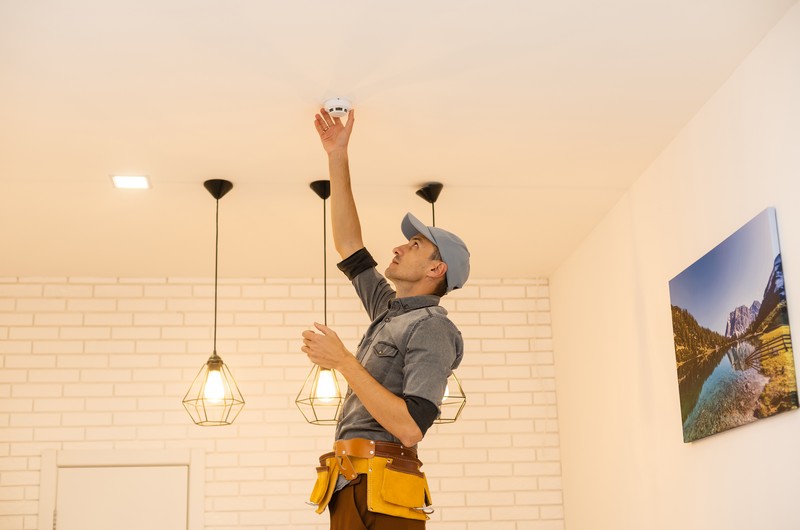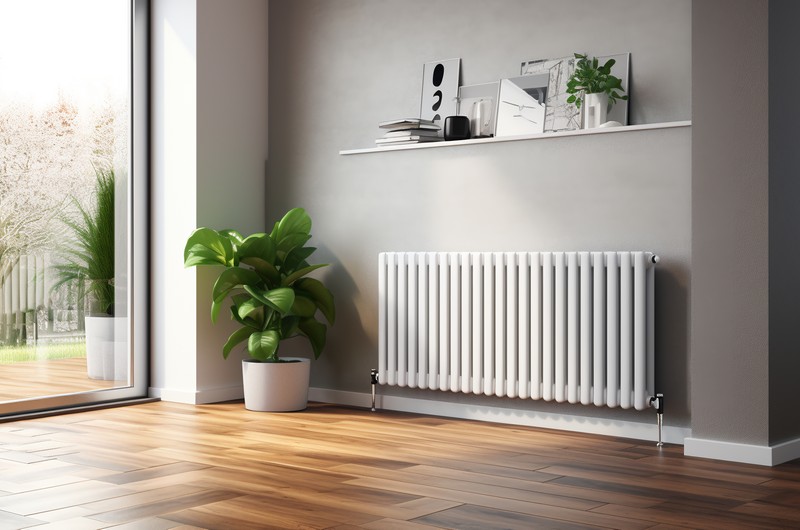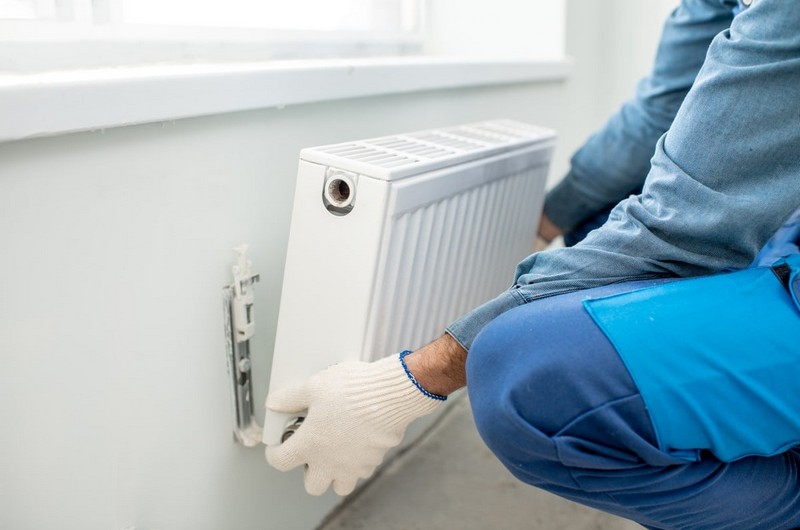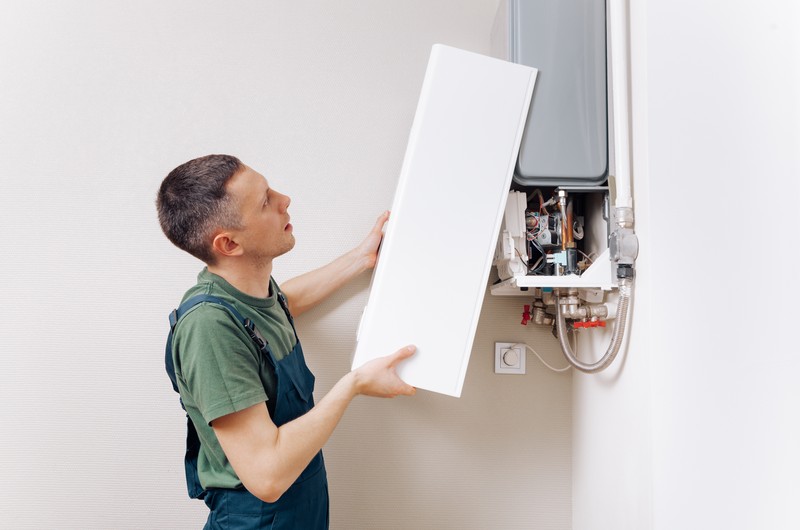 An Ultimate Guide to Electrical Services
An Ultimate Guide to Electrical Services

If you’re like most people, you only think of electricians when you have an electrical problem. But did you know that there are many benefits to having regular electrical maintenance? Electricians not only install and repair electrical systems, but they also help to prolong the life of your system and catch potential problems before they cause damage.
It’s important to have an electrical safety check at least once a year, and more often if you have pets or children, live in an old house, or live in an area with severe weather conditions. But what exactly do electricians do? And what are the most common electrical services they provide?
Read on to find out everything you need to know about electrical services.
What are the most common electrical services?
Electricians are trained professionals who work with electricity. They are responsible for installing, maintaining, and repairing electrical systems. Electricians typically specialize in one of four areas: residential, commercial, industrial, or utility.
Residential electricians work with the electrical systems in homes. They install outlets, switchboards, and other devices. They also install and repair wiring and circuit breakers.
Commercial electricians work with the electrical systems in businesses and office buildings. They install outlets, switchboards, light fixtures, and other devices. They also install and repair wiring and circuit breakers.
Industrial electricians work with the electrical systems in factories and other large industrial buildings. They install outlets, switchboards, motors, and other devices. They also install and repair wiring and circuit breakers.
Utility electricians work on the electrical grid, connecting power plants to homes and businesses. They install power lines, transformers, switches, and other devices.
What do electricians do?
Electricians are trained professionals who work with electricity. There are four main types of electricians: residential, commercial, industrial, and utility. Residential electricians work with the electrical systems in homes, installing and repairing outlets, switchboards, and other devices. Commercial electricians work with the electrical systems in businesses, installing and repairing outlets, switchboards, light fixtures, and other devices. Industrial electricians work with the electrical systems in factories, installing and repairing outlets, switchboards, motors, and other devices. Utility electricians work on the electrical grid, connecting power plants to homes and businesses.
Most electricians learn their trade through an apprenticeship program of several years, which combines on-the-job training with classroom instruction. After completing an apprenticeship program, electricians are commonly required to pass a state or local exam in order to obtain a license.
The responsibilities of an electrician vary depending on their specialization. Residential electricians typically install wiring systems in new construction and carry out repairs on existing homes. They may also install lighting fixtures and appliances. Commercial electricians may install wiring systems in office buildings and retail stores. They may also work on projects such as upgrading electrical panels or installing data cabling networks. Industrial electricians typically work in factories or warehouses and are responsible for maintaining large machinery. Utility electricians maintain power lines and equipment that generate electricity.
Electricians use a variety of tools to carry out their tasks. These tools include drills, saws, screwdrivers, pliers, voltmeters, soldering irons, cable cutters, and wire strippers. Electricians must be able to read blueprints and drawings in order to understand the layout of a building or structure. They must also be familiar with local building codes and safety regulations.
Electricity is an essential part of modern life. Without it, we would not be able to power our homes or businesses. Electricians play a vital role in keeping our lights on and our appliances running smoothly.
What are the benefits of having regular electrical maintenance?
The benefits of having regular electrical maintenance are many, but can be broadly summarized into a few key points. These include reducing the chance of fires, having fewer electrical hazards, prolonging the life of your electrical system, catching potential problems before they cause damage or disruption, and lower your energy bills.
A well-maintained electrical system is a safer electrical system. Regular maintenance can help to identify and fix potential problems before they cause a fire or other hazard. This not only protects your home or business from damage, but it also protects the people who live and work there.
Prolonging the life of your electrical system is another key benefit of regular maintenance. Just like any other system in your home or business, your electrical system will eventually start to wear down and break down over time. However, with regular maintenance, you can help to prolong its life and keep it running smoothly for longer.
Catching potential problems before they cause damage or disruption is another big benefit of regular maintenance. Often times, small problems can turn into big problems if they’re not dealt with right away. By having regular maintenance check-ups, you can ensure that any small problems are dealt with before they have a chance to turn into bigger ones.
Finally, regular electrical maintenance can also help to lower your energy bills. An inefficient electrical system can waste a lot of energy, which translates into higher bills for you. By having regular maintenance check-ups, you can ensure that your system is running as efficiently as possible, which will save you money in the long run.
As you can see, there are many benefits to having regular electrical maintenance. If you want to keep your home or business safe, prolong the life of your electrical system, catch potential problems before they cause damage or disruption, and save money on your energy bills, then be sure to schedule regular maintenance check-ups with a qualified electrician.
How often should you have an electrical safety check?
It is important to have an electrical safety check at least once a year. This is the bare minimum that you should do to ensure the safety of your home and family. However, there are some circumstances where more frequent checks may be necessary.
If you have young children in the home, it is important to have your electrical system checked more often. Children are curious and can tamper with outlets and other devices. Having a regular check will help to ensure that any potential hazards are caught early.
Similarly, if you live in an old house, it is a good idea to have your electrical system checked more often. Older homes are more likely to have outdated or damaged wiring. This can lead to fires or other accidents. having a regular check will help you catch any problems before they become serious.
Finally, if you live in an area with severe weather conditions, it is a good idea to have your electrical system checked more often. High winds, heavy rains, and snow can damage electrical systems. Having a regular check will help you catch any problems before they cause a power outage or other disruption.
What are the signs that you need an electrician?
There are a few key signs that indicate it’s time to hire an electrician. These include: -Frequent electrical problems: If you’re having electrical problems on a regular basis, it may be time to hire an electrician. An electrician can help identify the cause of the problem and find a permanent solution. -Remodeling or additions to the property: If you’re planning any remodeling or adding any additions to your property, you’ll need to hire an electrician to install new outlets, switches, and other devices. -Difficulty with the electrical system: If you’re having difficulty understanding or using your electrical system, an electrician can help. They can assess the situation and make recommendations for improvements.



